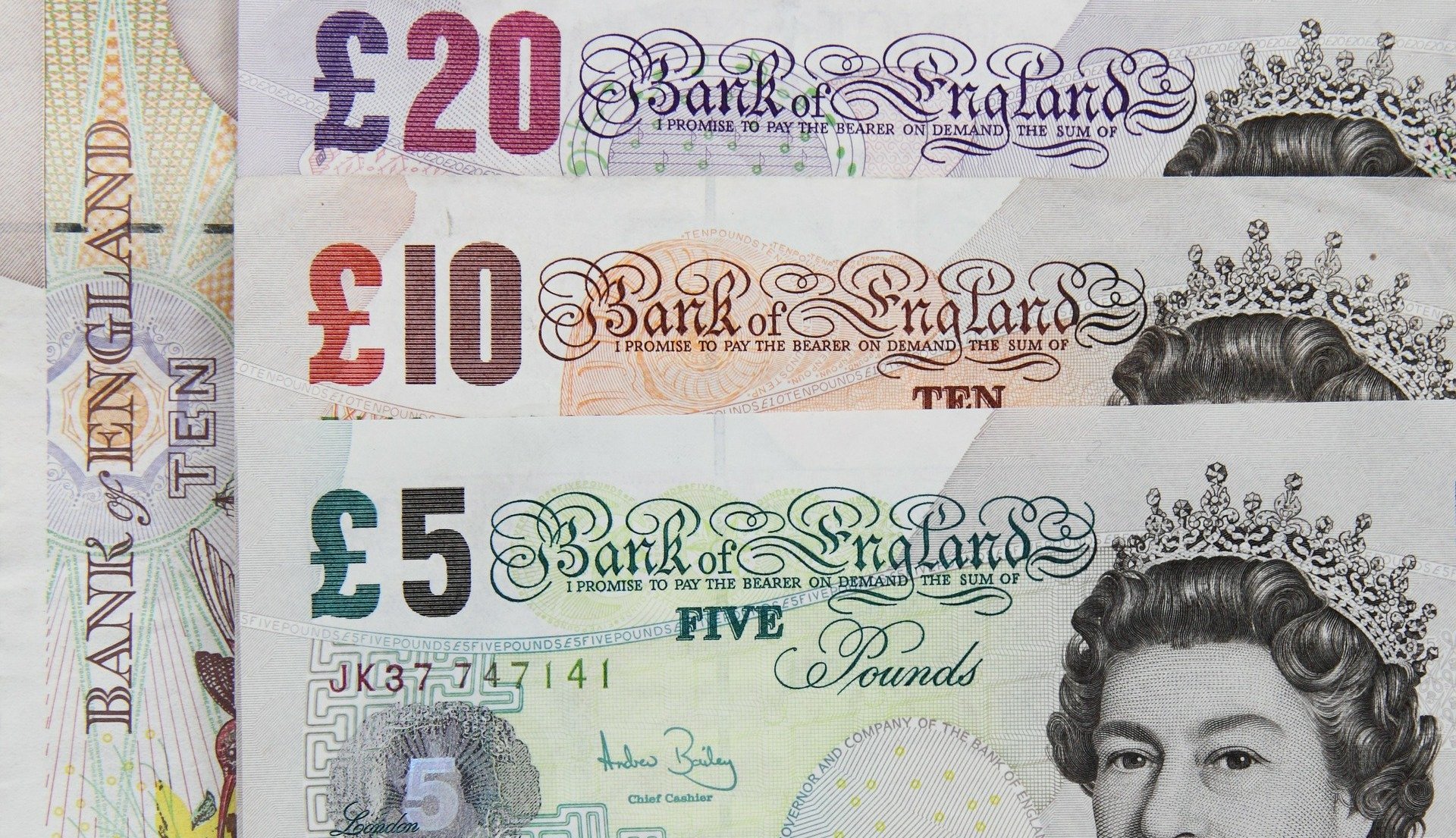Budget 2020: What does it mean for you?
Posted on 12th March 2020
Just a month into his role, Chancellor Rishi Sunak unveiled the first budget in over a year amidst a backdrop of a global pandemic. For obvious reasons much of his speech at the dispatch box was dominated by measures totalling £30 billion that are set to be taken to release funds to those who need it most during the ongoing COVID-19 crisis.
Extra NHS funding, extended statutory pay, and extra money for small business struggling with the costs of providing sick pay, were just some of the actions outlined by the new Chancellor in response to the mounting pressures of the coronavirus outbreak.
However, these changes are expected to be immediate and temporary measures, which will subside once the virus begins to recede. So what about the medium and longer-term announcements made? How will they affect both your business and personal finances?
National Insurance Threshold Raised
One of the first announcements of this budget was the raising of the National Insurance Contributions (NICs) from £8,632 to £9,500. From April onwards, NICs of 12% will only be payable on annual earnings over £9,500.
Latest treasury estimates have indicated that the average employee will keep an extra £104 in their pocket each year, with the change set to affect 31 million workers. If you’re self-employed, that average saving is estimated to come out at roughly £78 per year.
Business Rates Relief
In a move partly fuelled by the coronavirus outbreak, and perhaps more significantly driven by the struggling retail sector, businesses situated in premises with a rateable value of less than £51,000 will not pay a penny in business rates during the 2020-2021 tax year.
It’s hoped that those struggling in the retail sector will be able to flourish against the backdrop of the worst year of trading ever recorded in 2019. It will also come as a welcome relief for those set to be hit hard by the impending “demand shock” caused by COVID-19, most notably those in the leisure and hospitality industries.
There will be cash grants of up to £3,000 will be available for the 700,000 small businesses that do not qualify for this rate relief.
IR35 Private Sector Rollout Confirmed
As wide reported beforehand, Mr Sunak confirmed that the planned rollout of IR35 to the private sector would go ahead. This new rollout will aim to ensure that individuals who effectively work as employees via personal service companies (PSCs) are taxed in the same way as traditional employees.
The crackdown on so-called “disguised employees” is set to affect over 150,000 workers across more than 50,000 organisations. Under the new legislation, a contractor who earns £60,000 a year could be as much as £6,000 worse off as a result of increase in tax liabilities.
Changes to Pension Taxes for High Earners
In a change that is primarily aimed at high earning doctors, consultants, and surgeons, the rules around pension taxes are going to be changed, affecting all individuals who earn over a total of £150,000 per year.
Mr Sunak said he planned to raise the the tapered annual allowance by £90,000 from £110,000 to £200,000 for “threshold” incomes and from £150,000 to £240,000 for “adjusted” incomes (for those who have several sources of income). As mentioned, while this is aimed to address issues within the NHS, this has ramifications for all higher earners nationwide.
Company Car Tax Changes (Benefit in Kind)
In a move that is hoped will stimulate the resurgence of the company car, the Chancellor unveiled plans to reduce the Benefit in Kind (BIK) from 16% down to zero for fully-electric vehicles (EVs) during the 2020-2021 tax year. They will then only rise to 1% and 2% during the following 2021-2022, and 2022-2023 tax years respectively.
The removal of heavy surcharges will make electric vehicles very attractive to a great deal of business owners, as the cost of owning an electric company vehicle will be slashed as a result. For instance, a Tesla Model 3 will cost around £300 per month on 48-month contract as opposed to the £530 it costs today.
It’s hoped that the changes will also stimulate the renaissance of salary sacrifice schemes as those within private businesses look to secure excellent discounts on brand new electric vehicles.
Additional Selected Highlights
Other changes that are set to impact your personal spending habits include a continued freeze on fuel and alcohol duty, while tobacco taxes continue to rise at the rate of 2% above retail price inflation.
The much-derided 5% “tampon tax” has been scrapped, and income tax and VAT are set to remain the same for at least the next 12 months. Foreign buyers of property within the UK will have to pay at least 2% stamp duty surcharge, which will increase further if the owner doesn’t intend to reside in the property.
Finally, the so-called “reading tax” will be abolished from the 1st December onwards. From that date onwards, books, newspapers, magazines, and academic journals, will no longer have 20% VAT applied to them.
Receive Expert Advice on How These Changes Affect Your Business and Personal Finances
If any of these changes announced in the 2020 budget directly or indirectly affect your business or personal finances, here at BGS accounting we are here to provide you with expert advice to help you navigate those changes whilst minimising any negative impacts.
We’ll find ways to make strategic changes to your current set up to minimise costs and maximise your income, whilst planning for the future. At BGS, we pride ourselves on our attention to detail and the focus we place on our clients.
So if you would like to find out how you are personally affected by these recently-announced changes don’t hesitate to contact us. Together, we’ll help you take proactive steps towards a more prosperous future.
Tagged as: Budget
Share this post:








